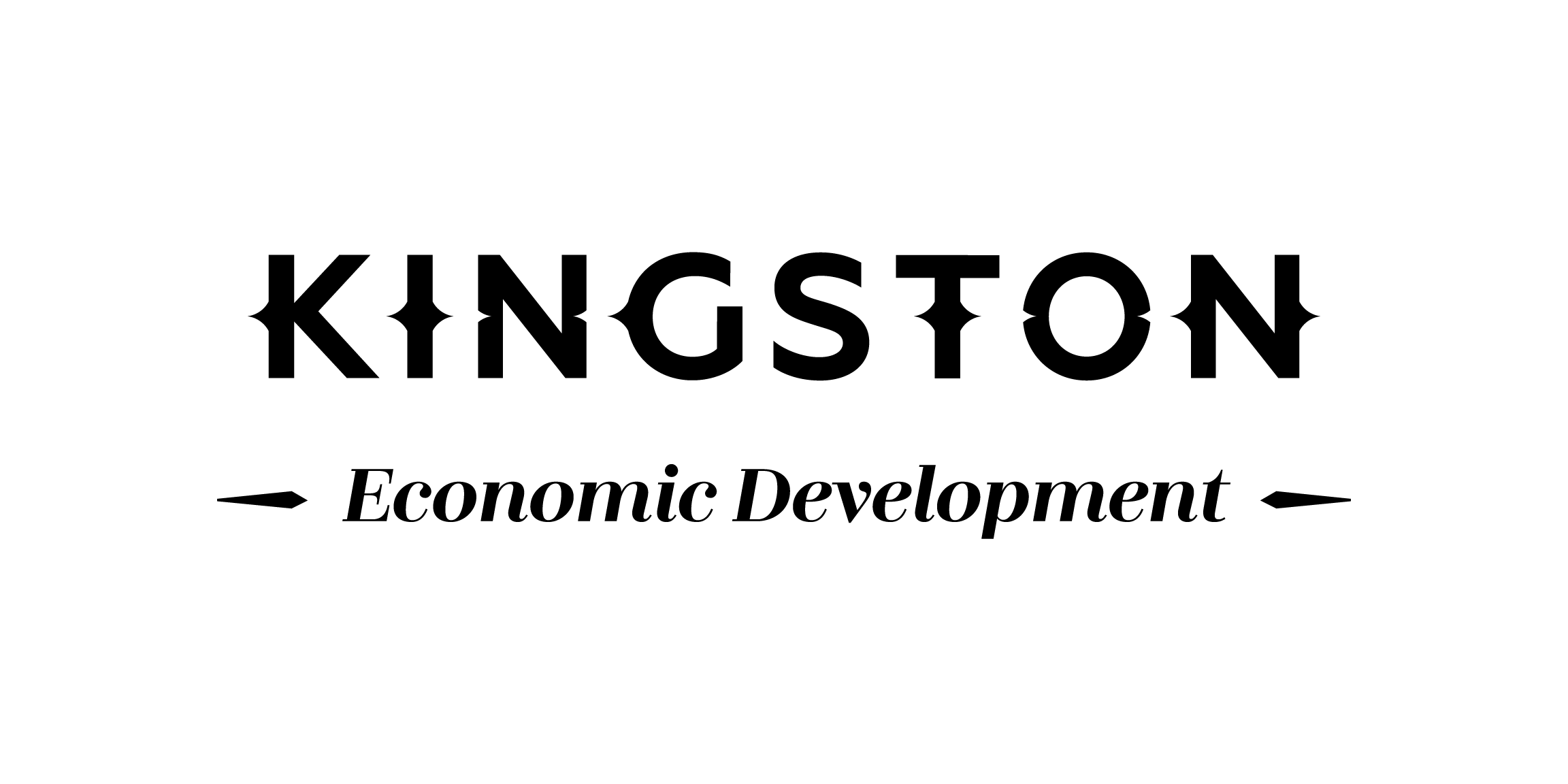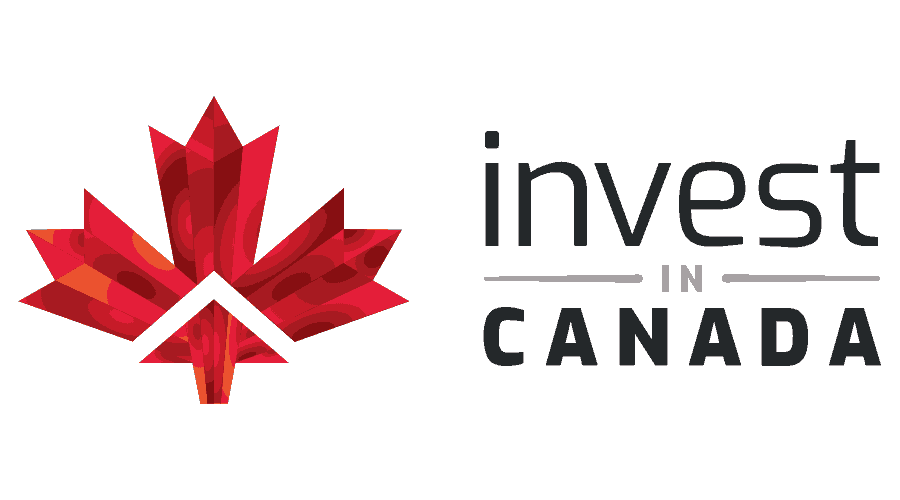
research
Research & Development
The City of Kingston is a leader in the Canadian economy, ranking number one in industrial and academic research & development (FDI Benchmark, 2019). Post-secondary institutions are developing world-class talent along with specialized research institutions, global industries and dedicated incubators and accelerators, which positions the city as an innovative leading economy.
Innovation & Commercialization Hubs
Accelerators and incubators provide entrepreneurs and innovators with the necessary space to bridge the gap between invention and innovation. Kingston’s accelerators and incubators provide services that support online and mobile startups, mentorship, funding, networking, training, and office space.
Launch Lab is a Regional Innovation Centre that connects entrepreneurs and innovators to the Kingston community – including local business partners, investors, service firms, educational institutions, research facilities, and governments.
Queen’s Office of Partnerships & Innovation offers numerous services, resources and programs to support entrepreneurs, including those from Queen’s, and to accelerate the growth of startups and small to medium-sized enterprises (SMEs) within Kingston and Eastern Ontario. Offerings include the Queen’s Startup Runway incubation program, various acceleration programs, intellectual property, patent and go-to-market services, workshops and events.
Innovation Hub at St. Lawerence College is focused on making innovative learning strategies and opportunities accessible to the SLC student population. They are committed to enriching the overall college and community experience to inspire student success both within a learning and professional environment.
Queen’s University is among the world’s leading research-intensive institutions, ranking second in the highest awards per faculty in Canada. There are 46 posted research chairs at Queen’s, and the university is a member of the U15 group of Canadian Research-Intensive Universities. Kingston also boasts one of the highest concentrations of PhDs per capita in the country, providing a direct talent pipeline to a variety of sectors.
Kingston’s public sector supports research and investment in a variety of sectors, including health and health innovation research; the promotion of diversity and democracy; military and veteran research; physics, advanced computing, and engineering; environment and sustainability; and finance and economics.
Home to Leaders for the Net-Zero Economy!
Kingston’s ecosystem built around an academic/industrial partnership allows Cleantech companies of all sizes and at any stage of their development to tap into unique talent and work side by side with global partners in the region.
Researching and piloting a new chemical process is a multimillion-dollar capital expenditure. Kingston, Ontario significantly offsets cost and speed to market with over 40,000 square feet of fully staffed, highly specialized laboratory and piloting facilities. Leveraging the infrastructure and expertise of GreenCentre Canada, one of the world’s only green chemistry commercialization centres, Kingston Process Metallurgy, a global chemical process development company, and DuPont, Kingston Technology Centre, Kingston Ontario has the capacity to streamline R&D of new technologies in chemistry and advanced materials, from concept to pilot and full commercial development. A research-intensive city with the highest concentration of PhDs in Canada is well-positioned to support your business growth.
· Green Centre Canada
· Kingston Processing Metallurgy
· Queen’s Nuclear Materials Group
· DuPont Kingston Technology Centre
· Ingenuity Labs
· Queen’s Institute for Energy and Environmental Policy
· Queen’s Centre for Energy and Power Electronics Research (ePOWER)
· Queen’s Alternative Transportation Group
· Queen’s Facility for Isotope Research (QFIR)
Kingston’s health innovation sector, supported by the medical research initiatives of Queen’s University, drives ingenuity and interdisciplinary research to solve some of the world’s biggest health problems.
Health innovation research is supported by Queen’s University, the Kingston General Hospital Research Institute, Providence Care, Hotel Dieu Hospital Research Institute, and Kingston Health Sciences Centre. These research groups continue to support innovation, connect researchers with healthcare providers, and implement and test community-based programs that directly benefit the health of this city, while also addressing global health issues.
The distinguished health innovation hub at Queen’s University encourages global talent to come to Kingston. In addition to the range of research initiatives listed below, researchers at Queen’s asks critical questions across the full spectrum of health sciences studies, including bimodal technology, such as human biomechanics and prosthetics, tissue engineering and regenerative medicine, applied clinical, health services, and health of populations, and biomedical and intelligent systems.
Queen’s Research Centres in Health Innovation include:
· Translational Institute of Medicine (TIME)
· Queen’s Cancer Research Institute (QRCI)
· Queen’s CardioPulmonary Unit (QCPU)
· Gastrointestinal Disease Research Unit (GIDRU)
· Asthma Research Unit (AsthmaLife)
· Cardiovascular Imaging Network at Queen’s (CINQ)
· Environmental Exposure Unit (EEU)
· Respiratory Investigation Unit (RIU)
· Laboratory of Clinical Exercise Physiology (LACEP)
· Population and Global Health
· Cardiac Arrhythmia Signal Analysis Lab
· Clinical and Molecular Hemostasis Research Group
· The WJ Henderson Centre for Patient-Oriented Research
· Infection, Immunity and Inflammation Research Group @ Queen’s (3IQ)
· Human Mobility Research Hub
· Health Services and Policy Research Institute
· Canadian Cancer Trials Group
· Canadian Frailty Network (formerly TVN)
· Canadian Primary Care Sentinel Surveillance Network
· Centre for Behavioural Studies
· Centre for Neuroscience Studies
· Centre for Studies in Primary Care – (CPCSSN)
· CIMVHR – Canadian Institute for Military & Veteran Health Research
· Indoc
· Ingenuity Labs Research Institute
· KGH Research Institute – (KGHRI)
· Kingston Resuscitation Institute
· NanoFabrication Kingston
· Providence Care Research Institute
· Queen’s University Centre for Advanced Computing
· Queen’s University Health Services and Policy Research
· Queen’s FHS Psychedelics Research
Centres at Queen’s supporting the promotion of diversity and democracy, on a global scale, are:
· International Centre for the Advancement of Community Based Rehabilitation
· Centre for the Study of Democracy and Diversity
· Centre for Studies in Primary Care
· Centre for Law in the Contemporary Workplace
· Industrial Relations Centre
· Institute of Intergovernmental Relations
Home to one of the largest military bases in Canada, Kingston’s military research hubs include:
· Centre for International and Defence Policy
· Canadian Institute for Military and Veteran Health Research
· Surveillance Studies Centre
Researchers in Kingston in the areas of engineering, astrophysics and advanced computing are pushing the boundaries of human life. The primary research hubs in this area in Kingston are:
· Arthur B. McDonald Canadian Astroparticle Physics Institute
· Centre for Neuroscience Studies (CNS)
· Centre for Advanced Computing (CAC)
· Ingenuity Labs Research Institute
Institutes such as Ingenuity Labs focus on Artificial Intelligence (A.I.), machine learning, robotics, human-machine systems, and more in sectors including the environment, infrastructure, sensor technology, and intelligent mobile systems.
Queen’s serves as the headquarters for the McDonald Institute, which works in conjunction with seven other universities and five research institutes in Canada to investigate the development of astroparticle physics modelling, experimentation, and analysis.
Kingston also houses the Cognitive Development Hub, a collaborative environment established between the CAC and International Business Machines Corporation (IBM), to explore how cognitive technologies can be implemented in businesses.
The City of Kingston has long been committed to ongoing environmental and sustainable City-wide initiatives. This includes environmental management, management of landfill and sensitive properties, R&D, the Brownfields rehabilitation project, and community and corporate sustainability planning. Kingston progresses efforts related to air quality, climate change and energy, environmental improvement projects, land quality (Brownfields), environmental incidents and spills, water quality, sustainability, and nature, forests and gardens.
Companies such as Sustainable Kingston, a facet of Green Economy Canada, support and encourage green development, with Kingston and Frontenac Housing Corporation leading the way for green housing reformation.
Programs at St. Lawrence College and Queen’s University support the ongoing research and planning of environmental sustainability projects. Queen’s initiatives, including Sparq Systems Inc., are pioneering advanced solar energy conversion technology. GreenCentre Canada is also leading the way to cleaner, energy-efficient solutions for traditional chemical products and manufacturing processes.
St. Lawrence College, in partnership with Trillium Power, offers a “green-collar” training program, specifically designed for training wind turbine technicians. Program members have access to the Wolfe Island Wind Farm, which produces enough energy to power 75,000 households each year.
The following research hubs at Queen’s focus on environmental research:
· GeoEngineering Centre
· Queen’s Institute for Energy and Environmental Policy
· Centre for Energy and Power Electronics Research (ePower)
· Beaty Water Research
Queens-based research supports global initiatives to improve economic literacy and the health of Canadian economies.
Based out of Queen’s Economics Department, studies on sustainable finance support research in five main areas: financial regulation and policy; fiduciary duties; allocation of capital and risk management; reliable information; and taxonomies and classification systems.
Furthermore, the John Deutsch Institute for the Study of Economic Policy provides graduate programs in Risk Policy and Regulation and Investment Appraisal and Risk Analysis.

Contact Abdul Razak Jendi
Investment Manager,
Sustainable Manufacturing
613-544-2725 x 7242
Cell: 613-532-4858
jendi@investkingston.ca







